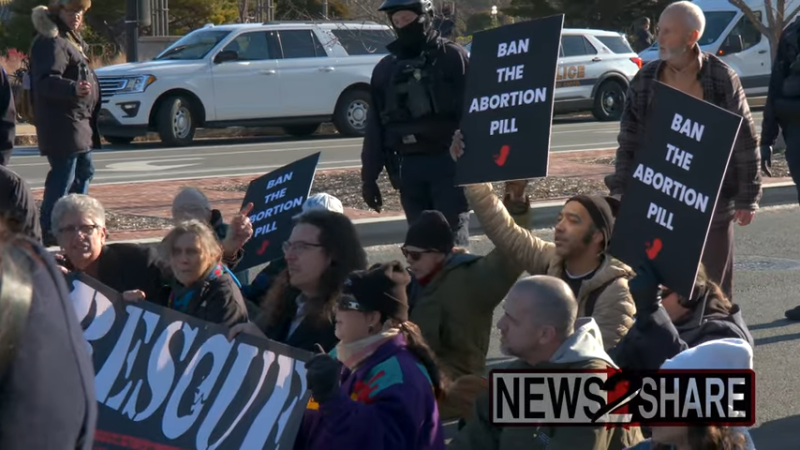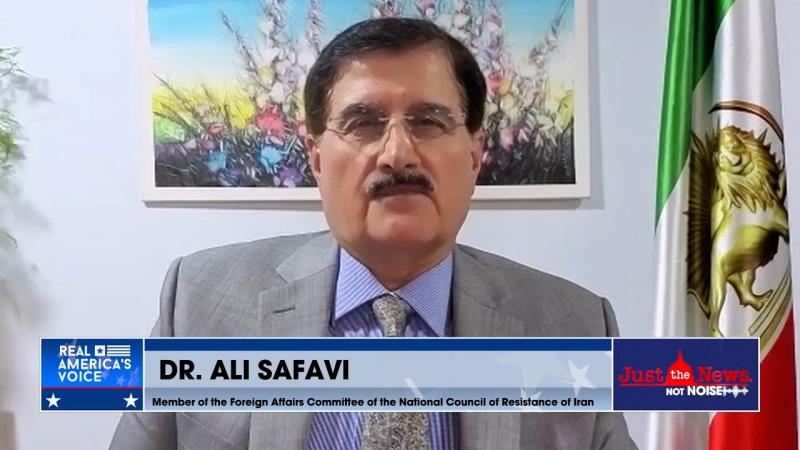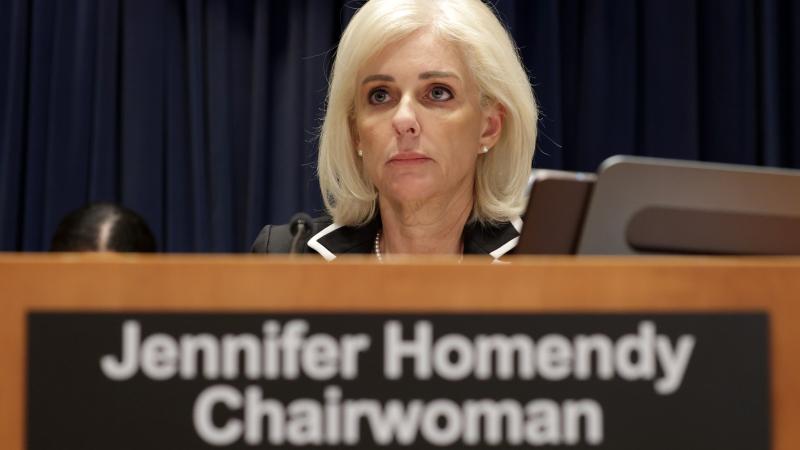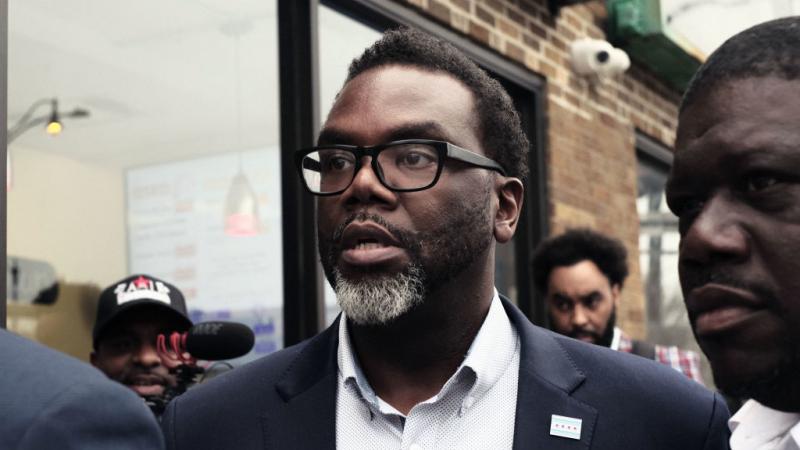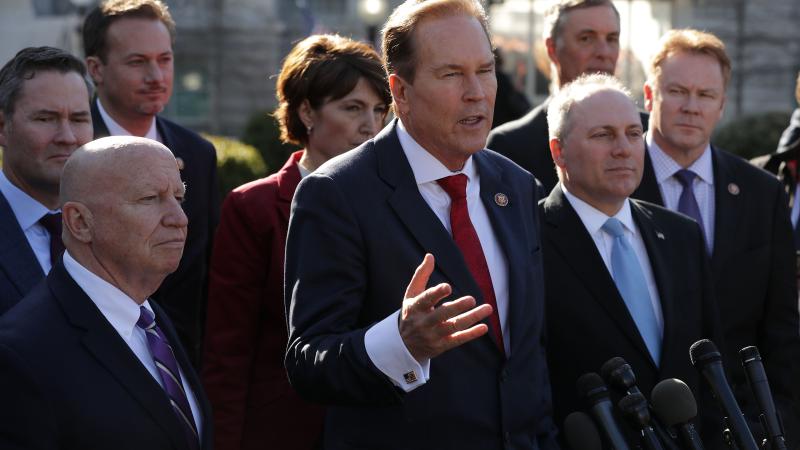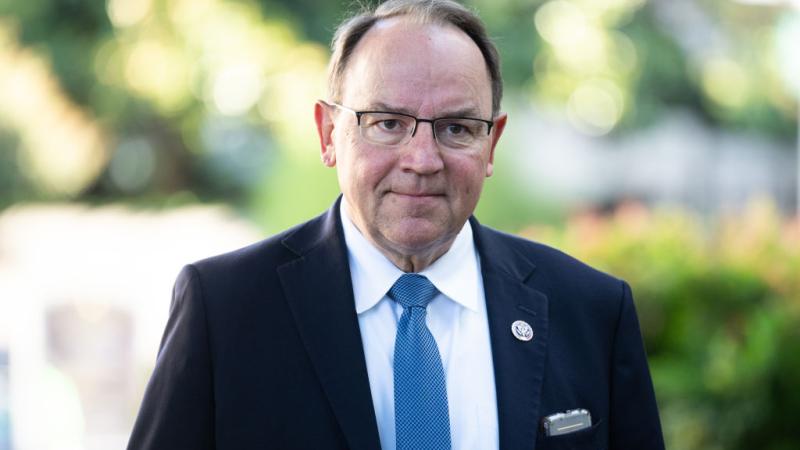SCOTUS skeptical of Colorado's last-ditch effort to save 'conversion therapy' ban: redefine it
Justices baffled by state's "late-breaking standing argument" that Kaley Chiles' talk therapy to treat same-sex attraction, gender confusion doesn't actually violate its law. Alito emphasizes ignoble history of "medical consensus."
The Colorado Avalanche have won just a single NHL playoff round since winning the Stanley Cup in 2022. The Colorado attorney general's office cannot match that record in cases related to sexual orientation and gender identity at the Supreme Court in recent years.
Oral argument Tuesday suggests Solicitor General Shannon Stevenson is headed for another loss after the high court's rulings for Colorado baker Jack Phillips and website designer Lorie Smith in First Amendment cases on compelled participation in same-sex weddings.
Stevenson faced Rockies-sized legal hurdles in the Centennial State's quest to save its six-year-old ban on so-called conversion therapy for minors, struggling to convince skeptical justices that Colorado wasn't trying to circumvent their jurisdiction by drastically reinterpreting the law after SCOTUS accepted licensed counselor Kaley Chiles' petition.
The high court rejected a carveout for "professional speech" in blocking California's compelled-speech law for pro-life pregnancy centers in the 2018 ruling NIFLA, decided a year before the Colorado law's enactment. Justices and counsel for Chiles and the Trump administration repeatedly invoked NIFLA as a near-impossible hurdle for Colorado.
Justices Neil Gorsuch, Amy Coney Barrett and Samuel Alito seemed puzzled by what they called the state's "late-breaking standing argument" that Chiles cannot sue to block the law because her talk therapy with minors – which Stevenson deems medical treatment – doesn't actually violate the law and Colorado hasn't prosecuted her yet.
The law defines conversion therapy as treatment by a licensed professional that "attempts or purports to change an individual's sexual orientation or gender identity, including efforts to change behaviors or gender expressions or to eliminate or reduce sexual or romantic attraction or feelings toward individuals of the same sex."
It excludes treatments that provide "acceptance, support, and understanding for the facilitation of an individual's coping, social support, and identity exploration and development."
As long as Chiles isn't trying to change the "identity" or "orientation" of her young clients, which tells them "you can change this innate thing about yourself," then fills them with shame when they fail, the law doesn't affect her, Stevenson said. (SCOTUS rejected the view that gender identity is immutable just months earlier in Skrmetti.)
Alito said Stevenson's reading violates the "plain meaning" of the statute and suggests the examples that follow "including" are irrelevant, as if a park sign that bans "dangerous animals … including pit bulls" doesn't actually ban pit bulls.
Both the trial court and 10th U.S. Circuit Court of Appeals found Chiles has standing while refusing to block the law, yet Colorado didn't cross-appeal that finding, Gorsuch reminded Stevenson, calling her reading of the statute "peculiar."
"You didn't even put a Roman numeral in your brief on it, or even a subsection!" he said. "It's footnote 18 on page 23. That doesn't exactly suggest that you have great confidence in that argument, does it?" Colorado's refusal to disavow enforcement for changing identity "settles the standing question," Justice Sonia Sotomayor said.
Department of Justice Principal Deputy Solicitor General Hashim Mooppan mocked the state's "fairly implausible reading" of the law since SCOTUS accepted the case, which if accurate would allow "aversive" electroshock therapy as long as it doesn't try to change orientation.
Chiles' lawyer, James Campbell of the Alliance Defending Freedom, accused Colorado of using "portions of quotes" from her allegations to falsely portray her therapy as not implicating the law. He told an initially skeptical Sotomayor that Chiles faced a credible threat of enforcement because of "anonymous complaints filed" against her in the past few weeks.
Campbell used his rebuttal time to emphasize she seeks to have "full conversations exploring issues of identity and gender" with her young clients, "and that includes considering change," not simply coping, meaning her actions would violate the law as written.
Speech is like a 'scalpel' that can be regulated, to Justice Jackson
One of the key questions of the case is which standard of judicial review to apply to Colorado's law.
SCOTUS upheld Tennessee's ban on medicalized gender transitions for minors in this summer's Skrmetti by applying "rational basis review," the lowest standard, and Justice Ketanji Brown Jackson questioned how Chiles isn't the "functional equivalent."
Rational basis would let states "silence all kinds of speech in the counseling room," including views on divorce and abortion, and turn counselors into "mouthpieces" for the government, Campbell argued.
The court should apply strict scrutiny, the highest standard, which Colorado cannot meet because it has offered no scientific evidence that "voluntary conversations between a licensed professional and a minor" to treat unwanted attraction or identity harms kids, he said.
It would be the same standard of review for the "exact opposite law," if a state banned therapy to affirm sexual orientation or gender identity, he told Kagan.
Applying the highest standard would not shield Chiles from malpractice claims, which she could overcome by showing her practices meet the "standard of care," Campbell told Barrett. SCOTUS should treat speech and prescriptions separately rather than a "package" if a therapist provides both, he told Kagan, noting Colorado puts them under different codes.
"Speech is the tool that's being used" in a treatment, like a scalpel, Jackson responded when Campbell said, "I don't think it matters" whether Chiles' therapy is speech or treatment. It's "puzzling" that two professionals treating the same condition could be constitutionally distinct because one uses drugs and the other speech, Jackson said.
"I don't believe strict scrutiny always requires a study" to show harm from treatment, as Campbell is demanding from Colorado, Sotomayor said. Campbell rejected her comparison – requiring a study to stop a dietician from telling an anorexic patient to eat less – because such eating advice "directly harms the body."
SCOTUS shouldn't send the case back to lower courts to decide what standard of scrutiny to use, which Sotomayor suggested as "our normal pattern," because Chiles and her patients are suffering harm every day she can't give the therapy they seek, Campbell said.
He noted SCOTUS overturned two lower courts when it applied strict scrutiny to a Maryland school district's refusal to notify or let parents opt out of LGBTQ-themed curricula for their kids. Sotomayor reminded Campbell she dissented in Mahmoud, prompting laughs.
"Professional medical treatment is not exempt from the ordinary First Amendment rule that strict scrutiny applies even to laws that generally regulate conduct where those laws are triggered by the communicative content of speech," DOJ's Mooppan told the justices.
There is no "historically grounded exception" for categorical prior restraint on therapists' speech, and "all of their [Colorado's] arguments would blow a massive hole in this court's case law," he said, distinguishing Chiles' speech from a therapist treating a suicidal patient by daring them to kill themselves, which has "utterly no redeeming value" and is not protected.
'Standard of care' used to mean sterilizing 'imbeciles'
"A state cannot be required to let its vulnerable young people waste their time and money on an ineffective, harmful treatment," Colorado's Stevenson said, portraying the science as settled on talk therapy that does not affirm same-sex attraction or gender identity at odds with sex.
Like 25 states with similar laws, Colorado's stops "one specific treatment because that treatment does not work and carries great risk of harm," performed by a licensed professional giving clinical care to an individual, paired with a fiduciary duty, she said.
Stevenson emphasized the law doesn't apply to religious ministries and "life coaches," but that made it even more problematic for Justice Clarence Thomas.
A minister could be "equally dangerous" and more credible to a "devoutly religious" person than a licensed therapist, Thomas said, asking "what exactly transforms speech in that context." Stevenson said without state licensing and a fiduciary duty, that's a "personal choice."
The Republican nominees weren't buying it, with frequent swing vote Roberts reminding Stevenson that NIFLA and the "material support" for terrorists precedent Holder separate words from conduct in First Amendment analysis.
Gorsuch hammered Stevenson on the "mirror image question," whether she would also apply rational basis to a law banning talk therapy to affirm homosexuality, deemed a mental health disorder by the medical establishment in the 1970s. (Mooppan had raised this issue earlier, saying such a view "just cannot be right under the First Amendment.")
Stevenson pointed to Skrmetti, in which SCOTUS said states can regulate in the face of medical uncertainty, and said the standard of care is what's important, declining to confirm that she was giving red states carte blanche to prohibit so-called gender-affirming talk therapy.
"Can a state pick a side" when there are "competing medical views" rather than uncertainty, Barrett asked.
When First Amendment issues are raised and a state can show it's regulating consistent with the standard of care, a court can be sure "there is no other motive going on to suppress viewpoints or expression," Stevenson said.
Alito emphasized the standard of care, when defined as "medical consensus," has at times been "politicized" or "taken over by ideology." He paraphrased Justice Oliver Wendell Holmes' famous justification for compulsory sterilization, the medical consensus at the time: "three generations of imbeciles are enough."
Stevenson pleaded ignorance when Alito asked whether medical professionals at one time largely supported a ban on procreation based on low intelligence or the institutionalization of children with Down syndrome.
Sotomayor expressed concern that Colorado's argument could spread to non-medical areas such as what lawyers can say to unpopular clients, including the terrorists at issue in Holder. Medical regulation is different, Stevenson said, because of the danger of doctors getting a First Amendment defense for saying "the wrong thing to their patient."
Kagan wasn't confident it was a good idea to leave doctors out of "normal free speech land" either. If one doctor is allowed to help a patient accept their same-sex attraction, but another is not allowed to help them change it, "that seems like viewpoint discrimination."
The Facts Inside Our Reporter's Notebook
Videos
Links
- won just a single NHL playoff round
- Oral argument Tuesday
- another loss
- Colorado baker Jack Phillips
- website designer Lorie Smith
- six-year-old ban
- SCOTUS accepted
- SCOTUS rejected the view
- "material support" for terrorists precedent Holder
- Justice Oliver Wendell Holmes' famous justification




